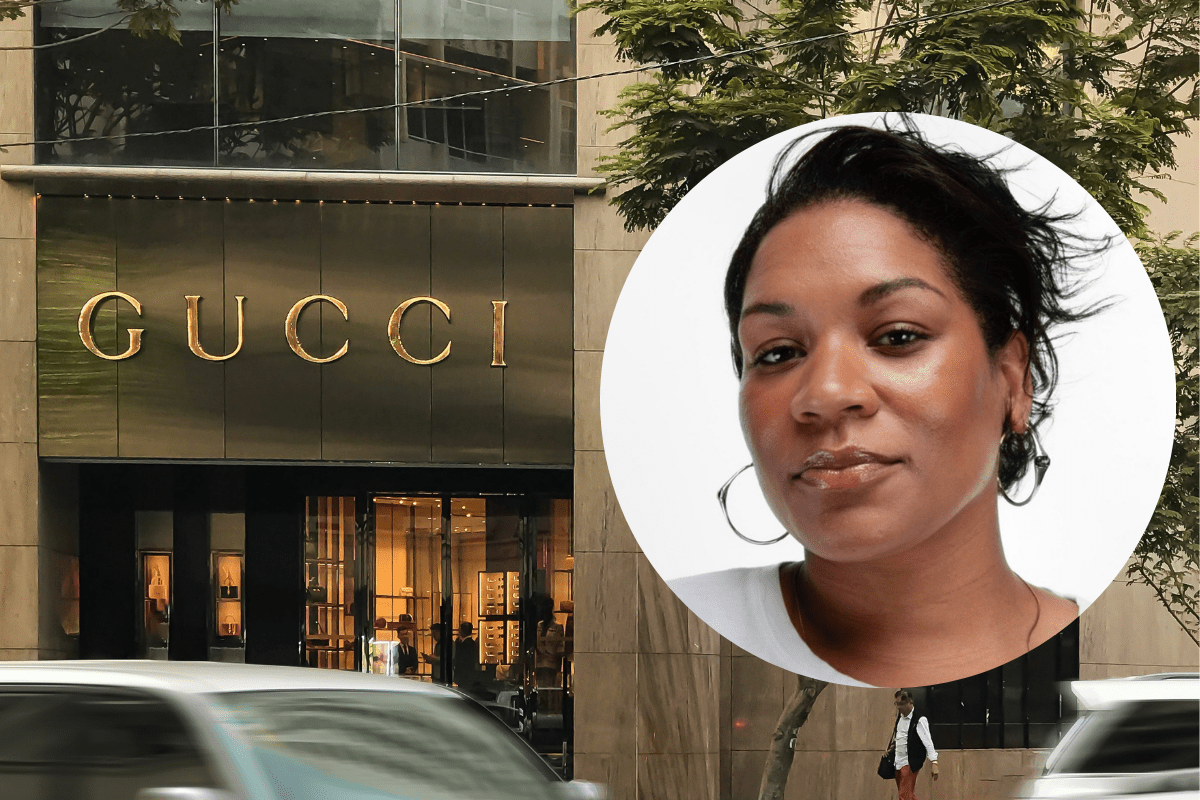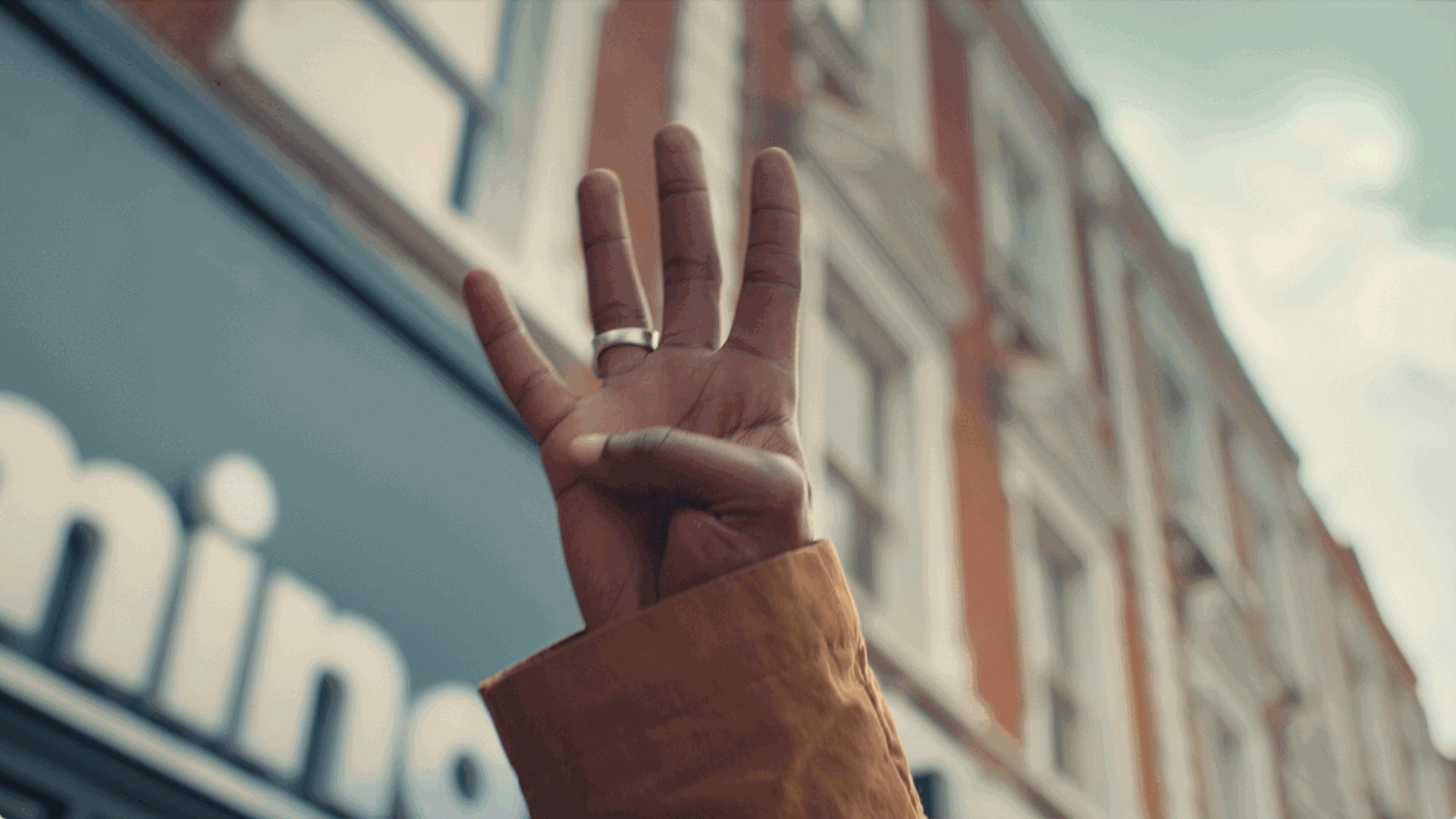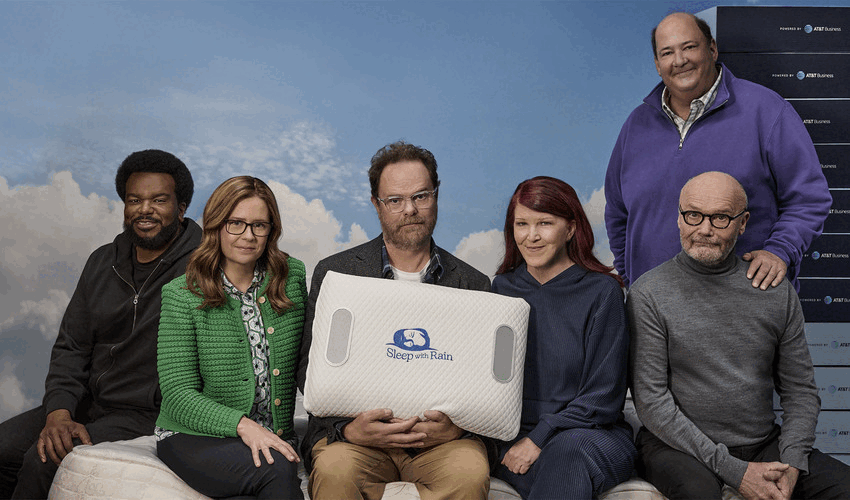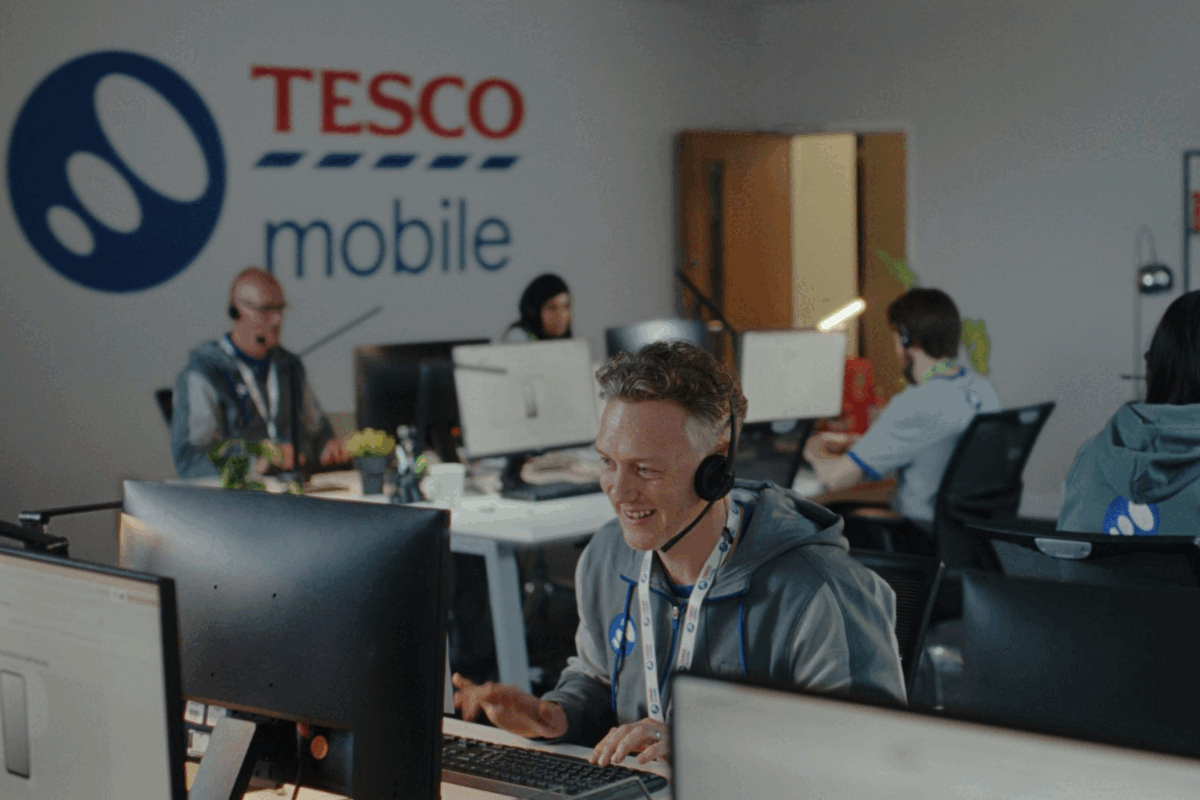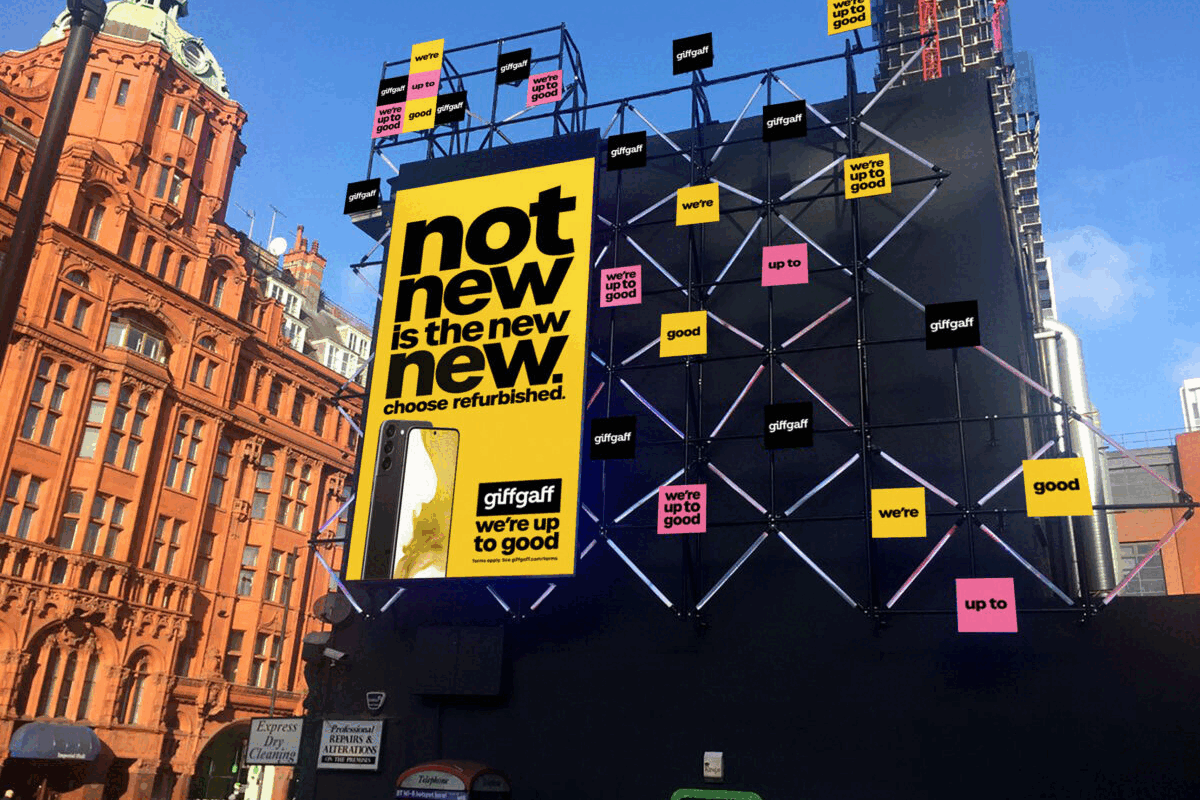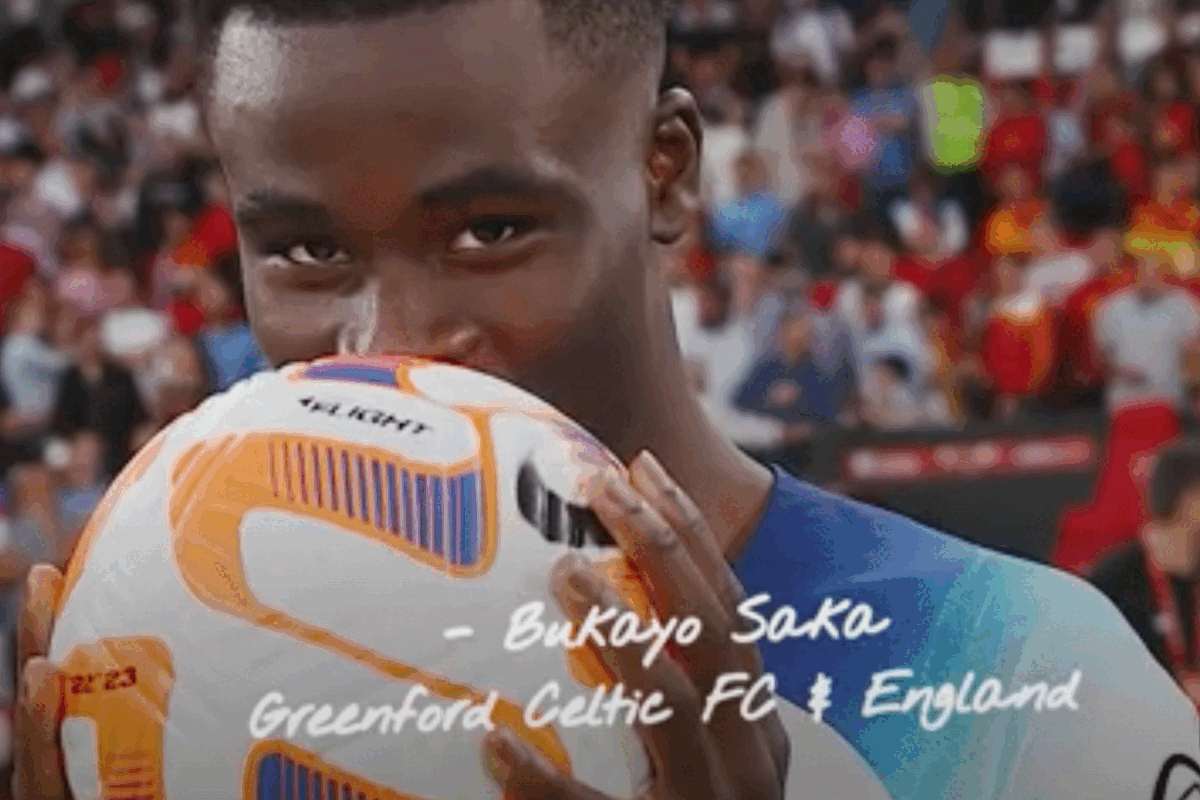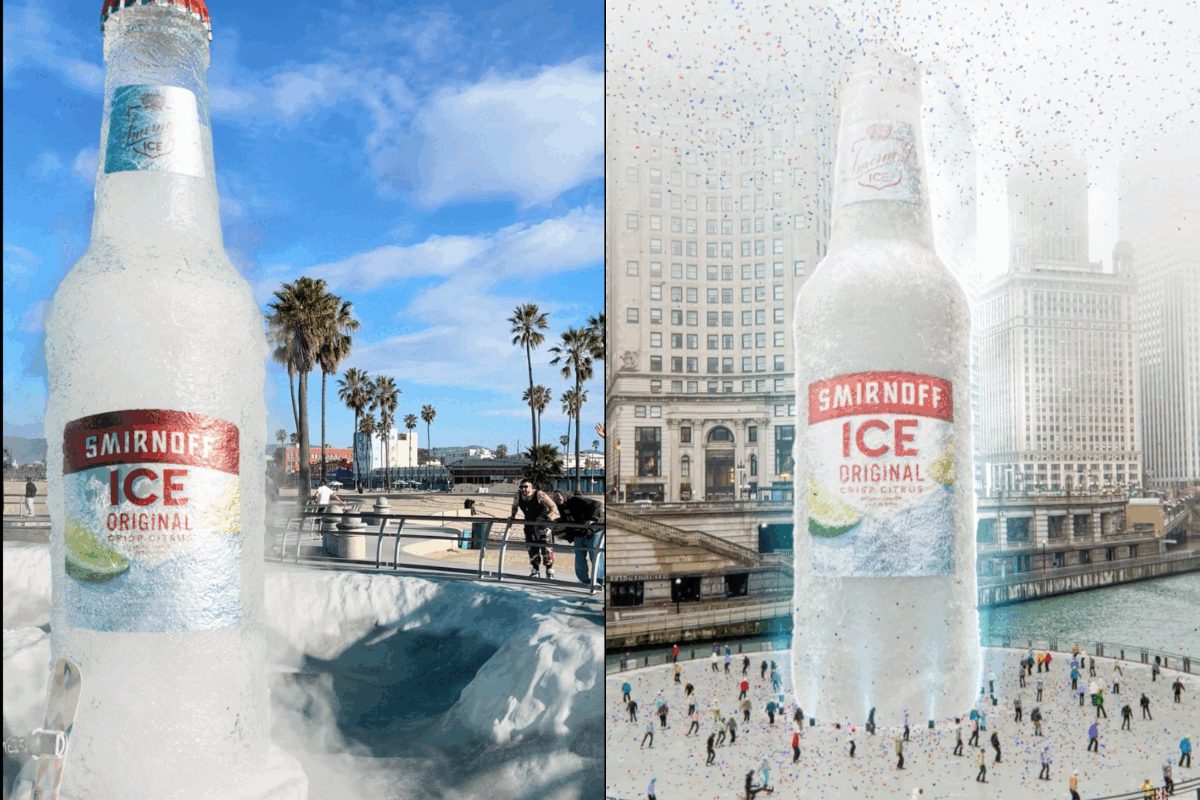Facebook acts to quell advertiser unease after Coca-Cola and Unilever pause advertising
- Monday, June 29th, 2020
- Share this article:
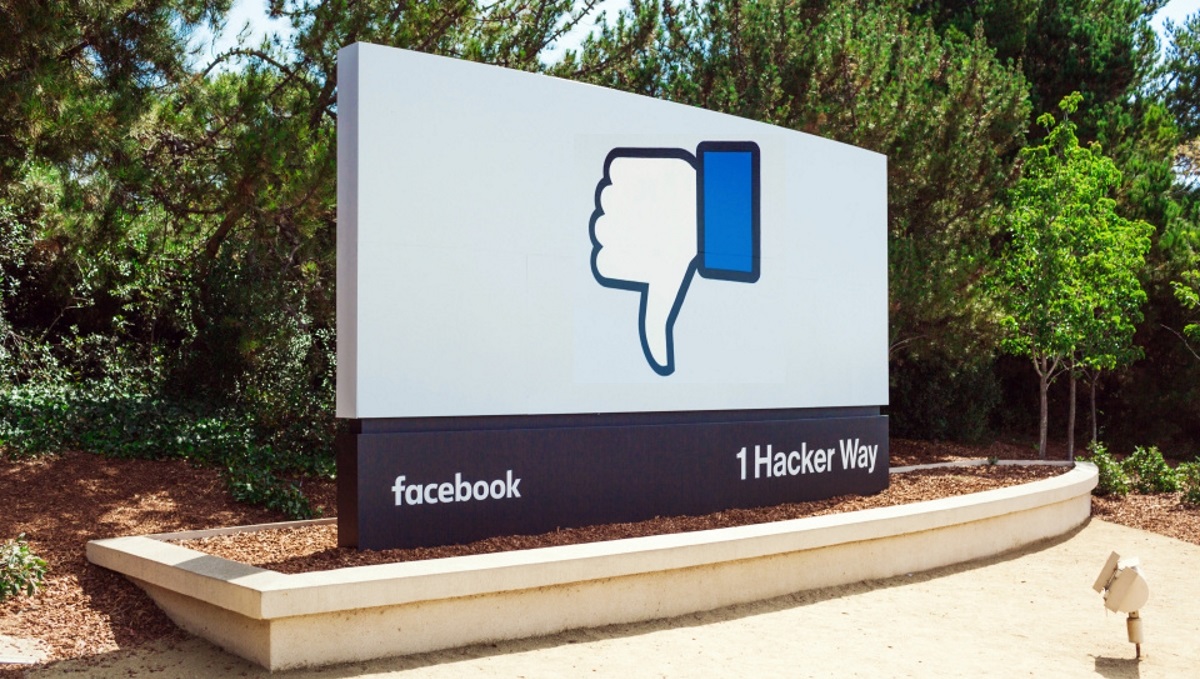 Coca-Cola and Unilever have become the latest big advertisers to pause advertising on major social networks. More than 100 companies have now paused advertising on Facebook over its failure to clamp down on hate speech, though Coca-Cola told CNBC
Coca-Cola and Unilever have become the latest big advertisers to pause advertising on major social networks. More than 100 companies have now paused advertising on Facebook over its failure to clamp down on hate speech, though Coca-Cola told CNBC
that while it was pausing all advertising on social media globally for at least 30 days, it’s move was not part of the #StopHateforProfit campaign, which encourages advertisers to boycott Facebook specifically.
For its part, Unilever, one of the world’s biggest advertisers, with an annual ad budget approaching $8bn, said it was pulling all advertising from Facebook, Instagram and Twitter for the rest of the year.
The moves from the two companies sent Facebook’s shares tumbling by 8.3 per cent on Friday. In response, Facebook has said it will begin to label posts that are potentially harmful that it chooses to leave up because of their news value.
In a blog post, Facebook CEO Mark Zuckerberg said: “A handful of times a year, we leave up content that would otherwise violate our policies if the public interest value outweighs the risk of harm. Often, seeing speech from politicians is in the public interest, and in the same way that news outlets will report what a politician says, we think people should generally be able to see it for themselves on our platforms.
“We will soon start labeling some of the content we leave up because it is deemed newsworthy, so people can know when this is the case. Well allow people to share this content to condemn it, just like we do with other problematic content, because this is an important part of how we discuss whats acceptable in our society, but well add a prompt to tell people that the content theyre sharing may violate our policies.”
Commenting on Unilever’s move, eMarketer Principal Analyst, Nicole Perrin, said it could pose a threat to brands’ willingness to advertise on social platforms where the content is generated by the users.
“Unilevers announcement is notable, first because as one of the largest advertisers in the world, it has enough influence to persuade other brand advertisers to follow its lead, as they have sometimes done in the past,” she said. “Its also notable because Unilever is going beyond what the organizers of the boycott have called for, in several ways. Its pulling back spending for longer, on more platforms (including Twitter) and for more expansive reasons: Unilevers statement cites ‘divisiveness’ as well as hate speech. That suggests a deeper problem with user-generated content platforms, as divisiveness is to be expected on any such platform that allows political expression.
“It will be difficult to parse out the effects of the boycott from the ongoing (and ever-changing) effects of the COVID-19 pandemic on Facebooks bottom line (and one the bottom lines of the advertisers participating in the boycott, as well). Earlier in the pandemic, brand advertisers paused spending, but many other types of advertisers stepped in to fill the void and conduct acquisition marketing at attractive prices.”




